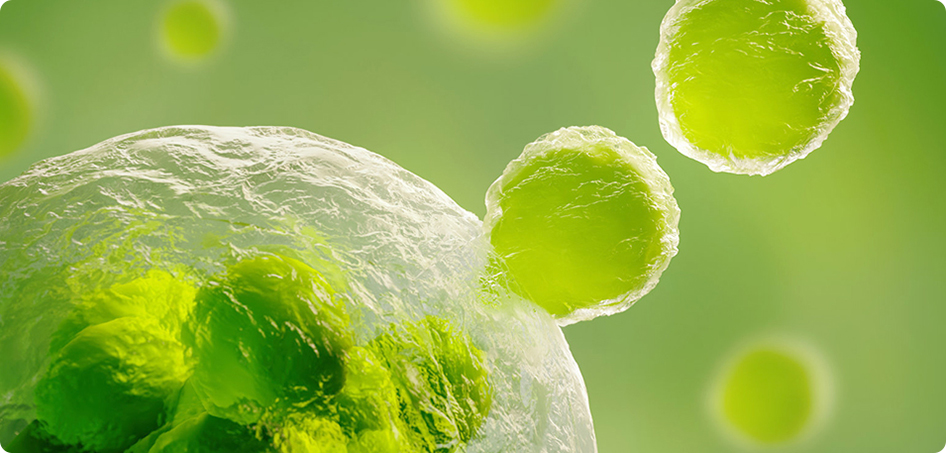Plant exosomes are an important intercellular communication mechanism that transmits information and regulates plant growth, development, and stress responses by releasing exosomes
Characteristics ofplant extracellular vesicles
Exosomes are small vesicles secreted by plant cells with a diameter of about 30-200 nanometers. Plant-derived exosomes share some similar characteristics to animal-derived exosomes, such as membrane lipid composition and protein labeling. However, plant-derived exosomes also have special characteristics, such as being rich in vesicle membrane-associated proteins, cell wall components, and plant-specific signaling molecules, which enable them to transmit information between plant cells and regulate plant growth, development, and stress responses.
Function ofplant extracellular vesicle
Plant-derived exosomes have a variety of biological functions, mainly including intercellular communication, signal transduction, and stress response. First,plant extracellular vesicles can transmit information between plant cells and regulate cell growth, differentiation and survival by releasing proteins, RNA and other signaling molecules. Second,plant extracellular vesicles can also participate in plant growth and development processes, such as root hair formation, pollen tube elongation, and fruit development, by releasing cell wall components, hormones, and signaling molecules. In addition,plant extracellular vesicles can also participate in the stress response of plants by releasing stress-resistance-related proteins and signaling molecules when plants are under stress.
Application ofplant extracellular vesicle
Plant-derived exosome systems have a wide range of application prospects in agricultural production and plant protection. First,plant extracellular vesicles can be used as an important object for the study of intercellular communication, revealing the mechanism of plant-cell interaction by analyzing its composition and function. Secondly,plant extracellular vesicles are rich in cell wall components, hormones and signaling molecules, which can be used as a new type of agricultural production and plant protection means to promote plant growth, resistance to diseases and pests and stress stress. In addition,plant extracellular vesicles can also be used as a new plant genetic engineering tool to improve plant yield and quality.
Research progress ofplant extracellular vesicles
In recent years, many important advances have been made in the study ofplant extracellular vesicle systems. Researchers have successfully isolated and purified plant-derived exosomes, and conducted in-depth studies on their composition and function. In addition, many studies on the functional regulation and application ofplant extracellular vesicles have been carried out, exploring their potential mechanisms and applications in plant growth and development, stress response and plant protection. These studies provide an important theoretical and practical basis for the development ofplant extracellular vesicles as a new cell-to-cell communication mechanism and agricultural production tool.
Conclusion
As an important intercellular communication mechanism,plant extracellular vesicles have a variety of functions, including intercellular communication, signaling, and adversity response. With the continuous advancement of in-depth research and application ofplant extracellular vesicles, it is believed thatplant extracellular vesicle systems will provide new ideas and methods for agricultural production and plant protection.

To learn more about“Plant Exosome”Please contact us further for information